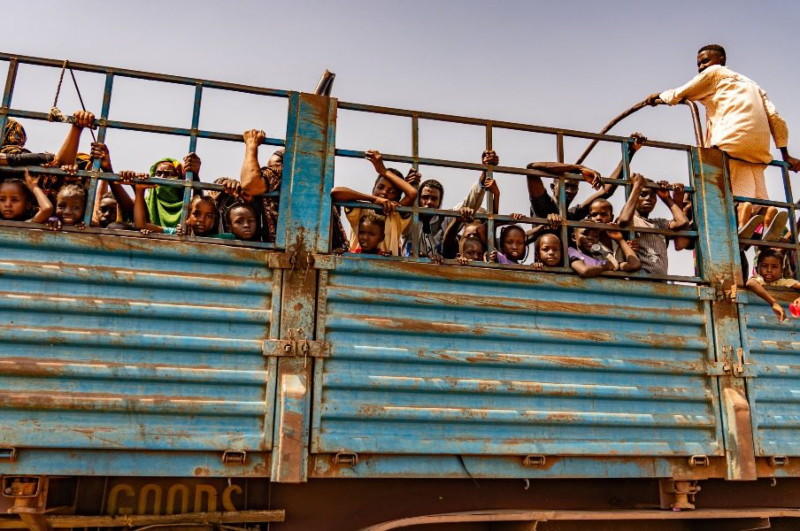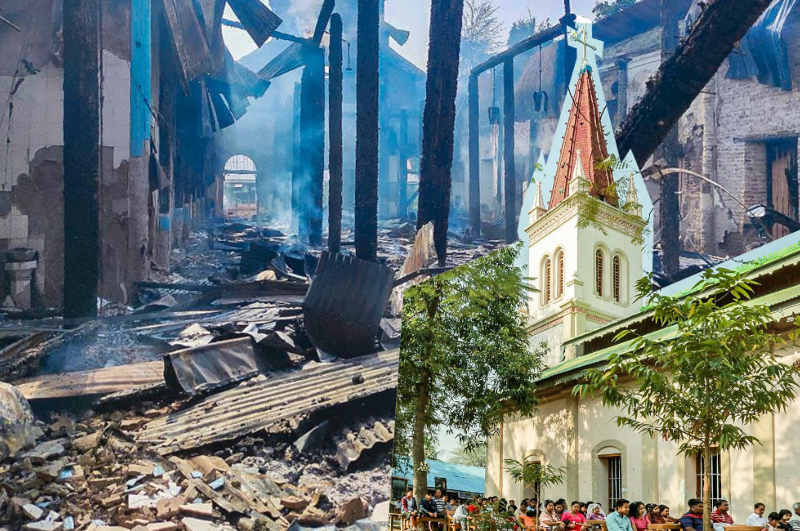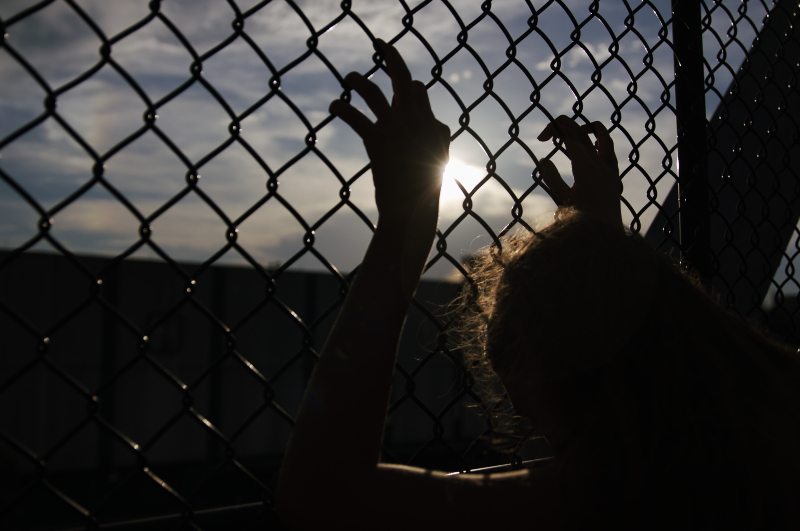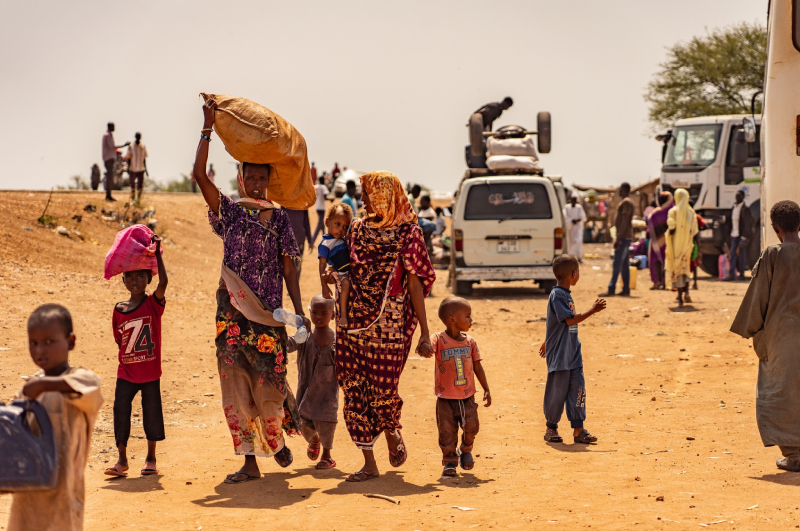

It has now been a year since the Sudanese Armed Forces (SAF) and the Rapid Support Forces (RSF) on 15 April 2023, clashed, plunging the nation into a devastating war, with little regard for its impact on the rest of the citizens.
The conflict has triggered a significant influx of both refugees and returnees into South Sudan. The Joda border point stands witness to this crisis, being one of the busiest borders between Sudan and South Sudan, with over half a million people having crossed over, at a regular flow of at least 1500 per day. Moreover, a substantial number of refugees have begun returning to Sudan, citing the dire conditions within the camps and remoteness.
Approximately 60 kilometres from the border lies the once-thriving town of Renk. This town, once bustling with British and Arab settlers, enjoys its proximity to the White Nile and benefits from free electricity supplied by Sudan. Renk also boasts a significant Christian population, with many of them being Catholics. Just a few kilometres away from the town are two transit centres where new arrivals undergo screening before being registered for at least 7 days. Subsequently, they are transferred to refugee camps in Maban and Malakal, for the returnees.
The humanitarian crisis unfolding in this region unfortunately receives very small attention from international media houses. For instance, the transit centres, designed to accommodate at least 5000 individuals, are overwhelmed, currently hosting over 15000 people. This situation stretches the already limited resources thin, putting immense pressure on the humanitarian agencies host community resources. As a result, resources such enough shelter, food, water and other essentials are in short supply, exacerbating the strain on the community.
In this dire situation, Jesuit Refugee Service (JRS) plays a pivotal role in serving, accompanying, and advocating for these individuals, despite the severe resource constraints. At the two transit centres, JRS is known for its commitment to supporting the physically and mentally challenged through its mental health and psychosocial department. JRS basically focuses on screening and assisting those with post-traumatic experiences, while the other provides physiotherapy to individuals with injuries or physical disabilities. Additionally, JRS distributes food and non-food items whenever available, though the demand often surpasses the available resources.
Recognizing another pressing need in the education sector, JRS has initiated a program to address the significant gap created by the influx of individuals into the schools. Many of the returnees, including both teachers and pupils, come from an Arabic background, making it challenging to integrate into an English-based system. The English based system lacks basic support because the only teachers training college available closed its doors years ago, leaving a big number of untrained volunteers teaching in the schools. JRS has responded by launching an English training program for both host and returnee teachers, aimed at fostering a conducive learning environment for the pupils. However, covering all 21 schools around Renk and its surrounding remains a formidable challenge, given the very limited resources and the continuous influx of refugees and returnees.
Despite these challenges, JRS remains steadfast in its mission to provide assistance and support to the vulnerable populations affected by the crisis, striving to create a more hopeful future amidst the turmoil.
To DONATE, see appeal on this link: Urgent humanitarian appeal for Sudan: the biggest displacement crisis in the world.
Related Articles




Select Payment Method
Pay by bank transfer
If you wish to make a donation by direct bank transfer please contact Fr Paul Hamill SJ treasurer@jesuits.africa. Fr Paul will get in touch with you about the best method of transfer for you and share account details with you. Donations can be one-off gifts or of any frequency; for example, you might wish to become a regular monthly donor of small amounts; that sort of reliable income can allow for very welcome forward planning in the development of the Society’s works in Africa and Madagascar.
Often it is easier to send a donation to an office within your own country and Fr Paul can advise on how that might be done. In some countries this kind of giving can also be recognised for tax relief and the necessary receipts will be issued.




